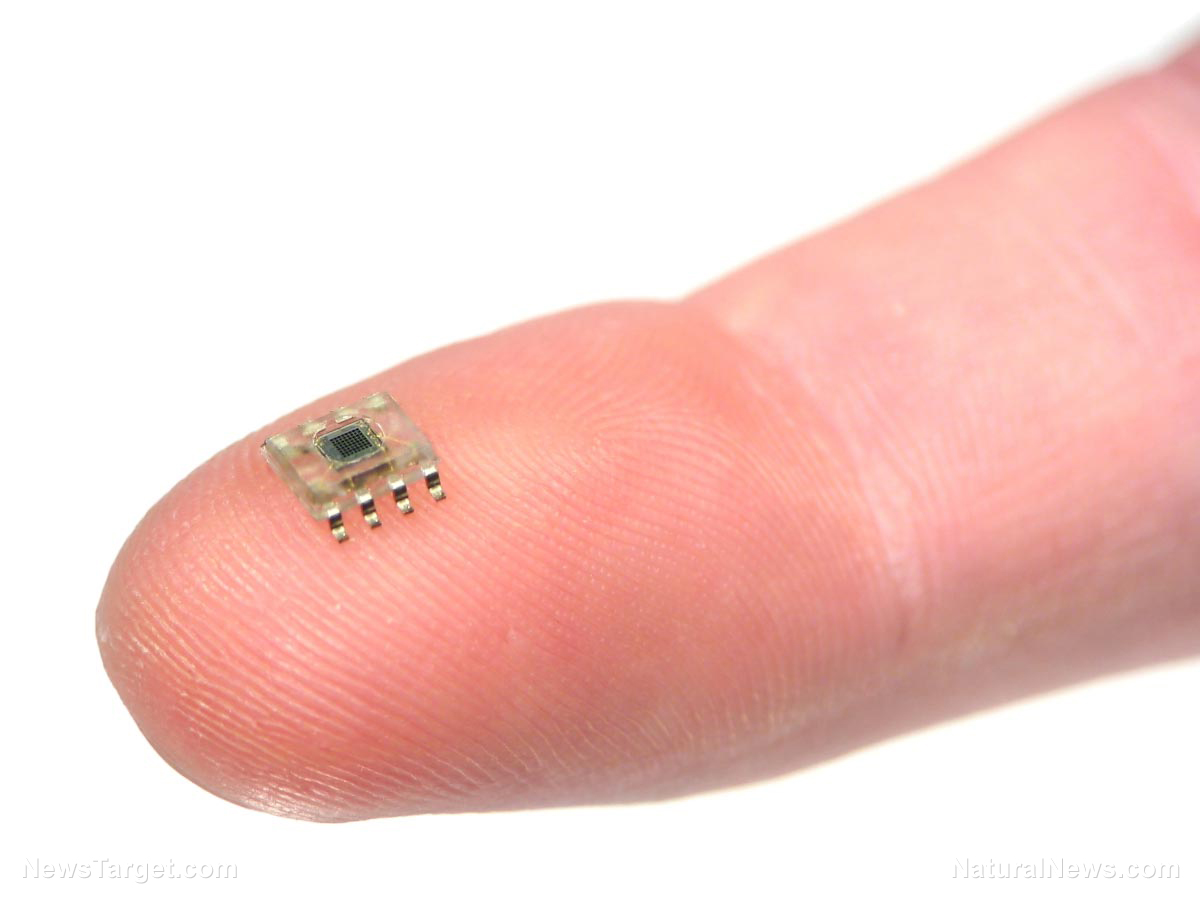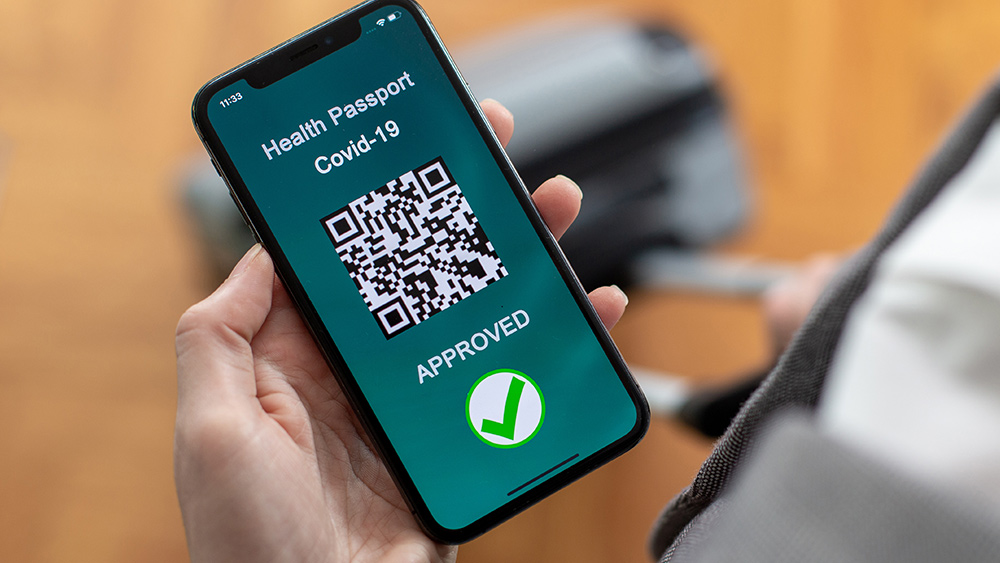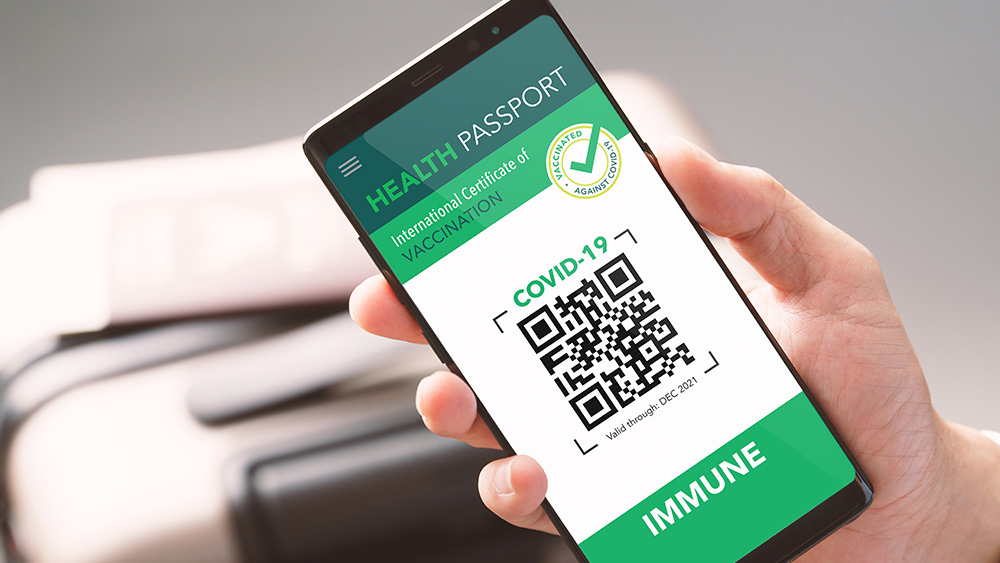Experts warn: Smartphone apps, not social media, pose biggest mind control threat
05/26/2021 / By Franz Walker

That smartphone apps that people use daily can be used to change personalities and perform “mind control,” according to experts.
In a report by the Daily Star, therapists have warned that “harmless” looking apps can be used to “subtly” shape people’s world views. As such, these pose a bigger threat than fake news on social media.
Talking to the publication, Brighton and Hove Psychotherapy co-founder Mark Vehrymeyer warned that the risk of apps shaping the way people think is “huge.” This is due to the fact that people are becoming more increasingly dependent on their phones, which many already see as an extension of themselves.
“Getting better sleep or more exercise may seem harmless if that is what an app is doing for us,” he said. “But it may be that we increasingly hand over control of what we do and what we actually want to apps, making us feel more disconnected from ourselves and more and more dependent on this robotic parent.”
Vehrymeyer warned that, unlike a “real parent,” these apps and the companies behind them “do not intrinsically have our best interests at heart.”
“This is where the risk of conflicting interests comes into the picture and possibly the risk of some degree of mind control,” he adds.
Smartphone apps can change personality traits
Vehrymeyer’s comments come after a three-month study on 1,523 adults found that smartphones can change people’s “personality traits.” To explain the results of the study, he used the example of a hypothetical app designed to help users develop better sleeping habits.
He stated that such an app could suggest that they not watch the news before going to bed. In addition, it could also track what a user watched on their phones and use the data to suggest “newsworthy” items for them at certain times.
“So, with all this in mind, it does not seem to me to be a great leap to imagine a situation where a large corporation would use an app to create dependency on the part of the app users – sleep habits, exercise routine, behavior traits – and then to exploit this for further financial gains,” he said.
He then continued to explain that this is how many marketing models work. Should an app have the backing of certain political movements or even foreign governments, these can have enormous power to subtly influence the behavior of the app’s users. If the user-base is large enough, he stated that this can have a detrimental effect on society.
“Suddenly, our world view is being shaped and also fed by said app,” he explained. “If you think this is unlikely you simply need to consider how some of the mainstream social media platforms operate by reinforcing what they see us consume in content and providing us with more and more of the same.”
Another expert, Kirstan Murphy Adams of Psychotherapy Richmond, agreed, stating: “Apps which are used to control other people’s minds are on the rise and they do manage to change a person’s perception on something or change a characteristic in their personality especially if this is done on a daily basis.”
Apps more dangerous than social media
Vehrymeyer pointed out that these apps are more dangerous than social media platforms. This is because these apps can become intrinsically embedded in people’s lives.
In recent times, social media and the companies behind them have come under scrutiny for censoring certain viewpoints and even spreading fake news. This has resulted in a large number of adults losing their trust in these services. (Related: Republican senators co-sponsor bill against social media censorship.)
In the U.S. alone, a Pew Research Center survey has found out that 59 percent of adults do not trust the news they read on social media.
Other smartphone apps, on the other hand, are not subject to the same scrutiny. At the same time, many of these apps, which tell people things such as how many steps they need to take, how many hours they should sleep and even when they should avoid the news, can become much more “intrinsically embedded” in people’s lives, according to Vehrymeyer.
“Apps and the way we are increasingly using them are more dangerous as they can often be intrinsically embedded in our lives and thus become an extension of ourselves – a sort of executive function outsourced,” he stated. “And if that outsourcing is done to a malignant force then the risks could be huge.”
Learn more about how smartphone apps and social media are being used to control people’s behavior at MindControl.news.
Sources include:
Tagged Under: apps, cellphone dangers, computing, gadgets, information technology, mind control, mind control program, smartphone, smartphone apps, Social media
RECENT NEWS & ARTICLES
COPYRIGHT © 2017 INFORMATIONTECHNOLOGY.NEWS




















